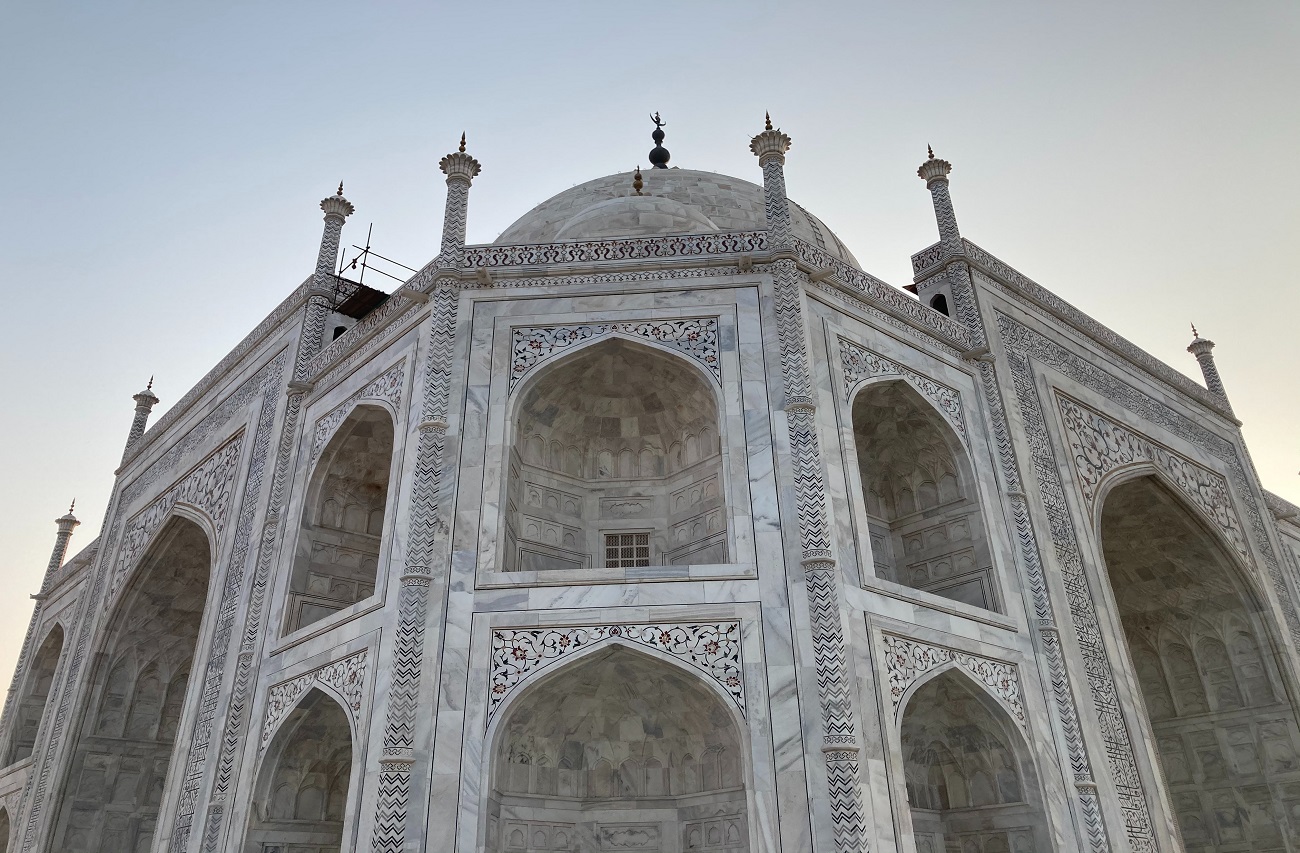
Top 12 products to source from India
ich in history, culture and crafts, India has always fascinated international buyers. As per Qima, a Hong Kong-based supply chain compliance firm, India has returned to the forefront as a sourcing destination after a tumultuous 2020. Earlier this year, Qima did a survey of 700 companies with international supply chains and found that 26% of the respondents named India in their top-three sourcing locations, and not just for textiles. One-third of the respondents felt that India was a great place to source footwear, eyewear, jewelry and accessories from.
If you are a business looking to explore India’s wealth of products, here are some top categories that you could start with. Qalara has collated this list of 12 items based on the popularity of exports, market trends and India’s supremacy of craftsmanship or production.
Cotton
India has the distinction of being the world’s largest producer of cotton, accounting for 22% of the world’s cotton production. This means that you will find the best prices, fine quality, and a wide range of options to select from. Qalara’s wholesale suppliers bring you beautiful and consciously designed cotton offerings. We also have a host of organic cotton suppliers on Qalara, producing fabrics, clothing and home linen from home-grown or ethnically sourced chemical-free cotton, that are beautiful inside out.
Jute
India also happens to be the largest producer of jute in the world. Approximately 60% of the world’s jute is cultivated in India. This celebrated eco-friendly material has a distinct earthy appeal owing to its golden tone and raw texture and lends itself beautifully to home furnishings and fashion accessories. A favorite among the eco-conscious lot, jute is 100% bio-degradable and recyclable! Qalara has been supplying the finest jute products including placemats, runners, cushions, table covers, wall hangings, bags and more to countries like the USA, UK, Australia, among others. Our range of merchandise comes from curated sellers across India, known for their quality and designs.
Jewelry
If you’re looking for fashion jewelry, India is the place for you. From copper to brass, sterling 925 silver to gemstone jewelry, the country produces pieces that are contemporary and classy, yet very cost effective. Cuttack in Odisha is famous for silver filigree work distinguished by its fine finish, intricate lace-like detailing and snowy glaze. Only a remnant of 60 families practice this craft in the region, producing spellbinding jewelry pieces, precious in every way. India and Iran are probably the only countries still practicing filigree, with India being the most affordable.
India and Thailand export 35% of the world’s silver jewelry, and most of it is handcrafted. Moradabad in Uttar Pradesh is renowned for its wide range of brass and copper jewelry while Jaipur is all about statement gemstone pieces, made by hand. It is little wonder then that jewelry ranks 4th in Indian exports.
Incense
India is the world’s leading exporter of incense. Burning incense has been an integral part of Indian culture for thousands of years. In some traditional Indian households, these sticks are still burnt to ward off evil. Known for their medicinal properties, incense sticks today are associated with wellness and are used the world over. India, has been spreading its aroma with its wide range of eco-friendly, biodegradable incense fragrances, made primarily by women from rural India. From florals to musk, fruity to woody, you will be spoilt for choice.
Tea
India is one of the largest producers of tea in the world and the fourth largest exporter of tea, behind Kenya, China, and Sri Lanka. It also happens to be a huge consumer of tea, with nearly 76% of it enjoyed within its borders. Nearly every part of India has a tea-growing region and it is home to over 14,000 tea estates. It is cultivated in 15 Indian states, with Assam, West Bengal, Tamil Nadu, and Kerala producing the highest yields as well as the finest teas.
Tea varieties like Assam tea, Nilgiri tea, Darjeeling tea
Spices
India is also the world’s largest producer, consumer and exporter of spices, producing about 75 of the 109 varieties listed by the International Organization for Standardization (ISO). It accounts for half of the global trading in spices. Aromatic, flavorful and very affordable, Indian spices are a cut above the rest.
Spices like pepper, cinnamon, nutmeg, cardamom, cumin, coriander, chilli, saffron and garam masala, a secret Indian staple that is a concoction of approximately seven spices
Bamboo and family!
India is the second largest producer of bamboo after China. These two countries together own more than half of the world’s bamboo resources. With over 130 bamboo species, India produces the most versatile offerings, high on functionality and low on fuss. This miracle grass is a crucial element in the balance of oxygen and carbon dioxide. A grove of bamboo releases 35% more oxygen than an equal number of trees. Because of this, planting bamboo is a great way to reduce your carbon footprint and help fight global warming.
Bamboo is also a viable replacement for wood. It can be harvested in 3-5 years versus 10-20 as in the case for most softwoods. With a wealth of artisans from rural parts specializing in basketry, braiding and more, India puts its grasses to good use creating offerings like mats, bags, baskets, wall décor, coasters and more. India also boasts a fine range of merchandise made from native grasses like sabai grass, water hyacinth, kanua grass and more.
Marble
Rajasthan is known for its beautiful marble, the finest variety found in India. It is believed to be water resistant and strong. With a high calcium carbonate content and negligible impurities, it can retain its gorgeous luster for decades. So fine is its quality and appearance that it has been used to build some of the most prominent architectural wonders, including the Taj Mahal in Agra & the Victoria Memorial of Kolkata. This magical stone has been wowing the world, one offering at a time. As per Vogue’s 2021 trends, marble’s popularity has sky-rocketed. With biophilic designs trending, everything from marble bathware to marble décor has taken center stage.
Floor coverings
Handmade carpets have always been much sought-after in the international luxury markets. India has been exporting its floor coverings to over 70 countries, with USA, Germany, Canada, UK, Australia consistently savoring the richness of its offerings. Carpets from the Northern belt covering Bhadohi, Mirzapur, Agra, and Jaipur are known for their contemporary designs, skilled craftsmanship, fine finish and superlative quality. It takes anything from a few days to several months to create one carpet. The rising trend of bold, attractive colors and environment-friendly floor coverings is currently a rage across the world, and Bhadohi’s artisans have been consistently ‘flooring’ the world with their creations.
Indigo
The Indian subcontinent is the prime supplier of indigo, a natural dye derived from Indigofera tinctoria, a flowering plant with 750 sub-species found in the tropics. It produces this distinctive natural dye from its leaves, and is the only organic source of the color blue in nature. This sustainable dye is rightfully well-known all over the world, and the popularity of jeans is just a case in point! From furnishings to fashion, Indian indigo has taken the world by storm.
Indigo dyed cushions, mats, curtains, clothing, fashion accessories, tablecloths and napkins
Handwoven textiles
The art of handweaving dates back over 2000 years in India! The craft has stayed true to its roots despite severe competition from power looms. This eco-friendly, non-mechanized process employs more than 43 million people in India, contributing to 95% of the world’s handwoven fabrics! It is a strenuous process that requires perfect rhythm and coordination. Handloom fabrics are defined by their soft texture. Sustainable in every way, these fabrics sing of the beauty of handweaving.
Handwoven napkins, towels, tablecloths, placemats, stoles, women’s wear, cushions
Ceramics
India has craved an important place on the world map with its magnificent range of ceramics, unique to every region. East India is known for its deep red terracotta offerings, while the North East’s Longpi creations are unparalleled in aesthetic and functionality. Kurja pottery of North India is not only very affordable, but also makes for perfect tableware. Jaipur’s blue pottery touts a deep glossy blue and white glaze, a sophisticated interpretation of earthenware. Khavda Pottery of Gujarat uses a special mud paste acquired from a lake in the Rann of Kutch, rendering offerings with a rich red colour from Geru that comes from the soil and the characteristic black-and-white dots and stripes that are also made with natural materials.
Conclusion
Sourcing products from India offers a rich tapestry of artisanal craftsmanship and cultural heritage. From intricately woven textiles to exquisitely carved furniture, the possibilities are endless. At Qalara, we understand the value of authentic craftsmanship and offer a curated catalog brimming with artisanal handicrafts made using traditional techniques. Let us be your partner in sourcing these treasures, connecting you with skilled artisans and ensuring the highest quality products for your business. Explore our catalog and embark on a journey to discover the timeless beauty and craftsmanship of Indian heritage.



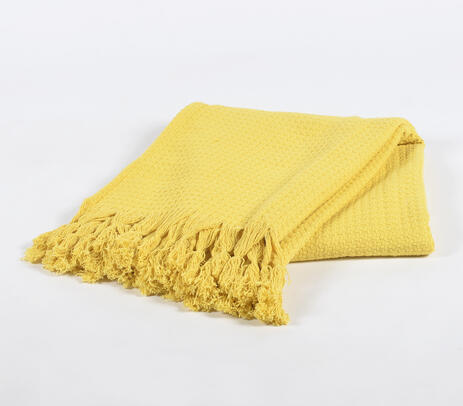
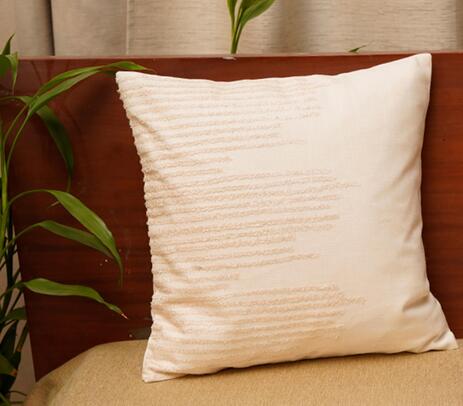
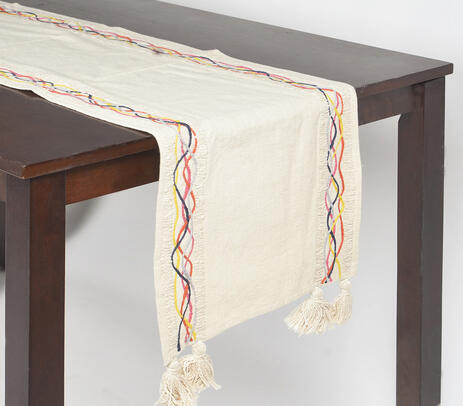
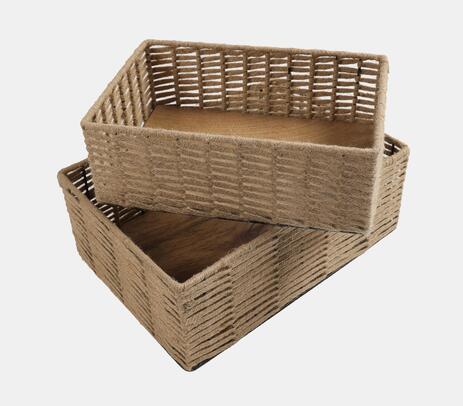
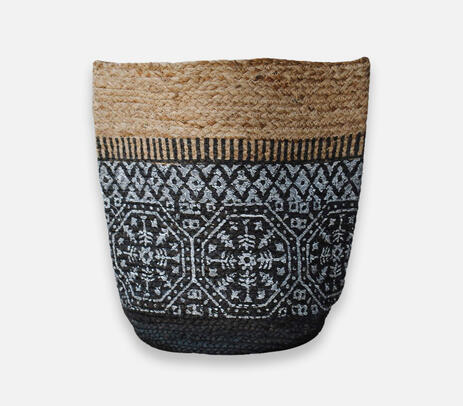
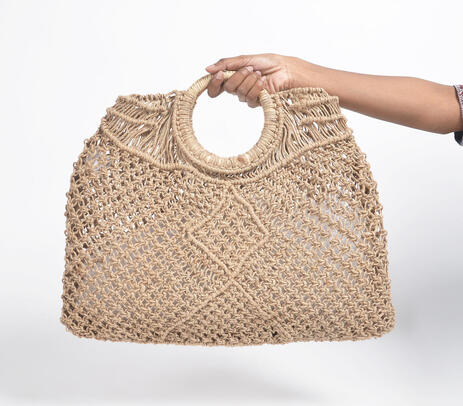
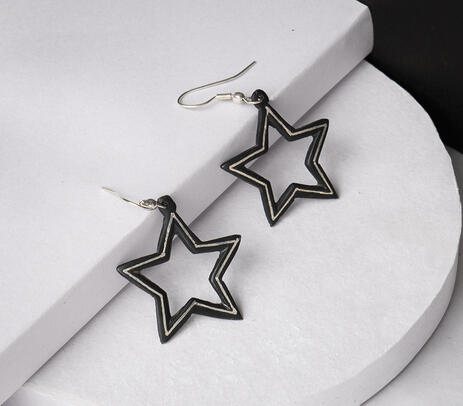
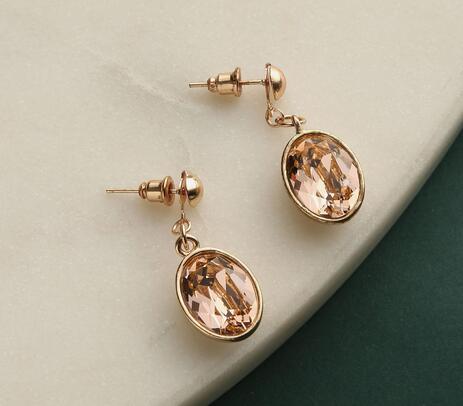
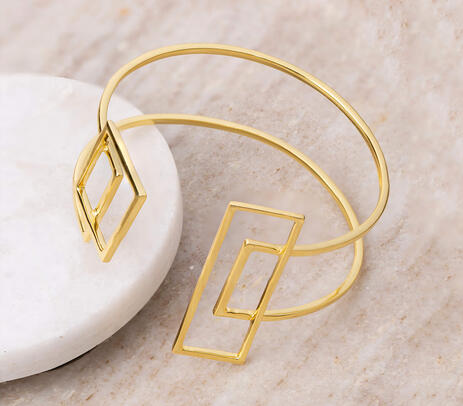
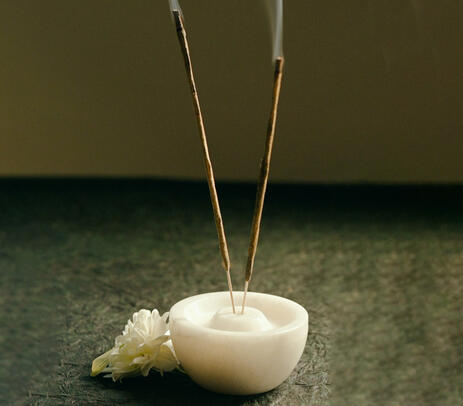
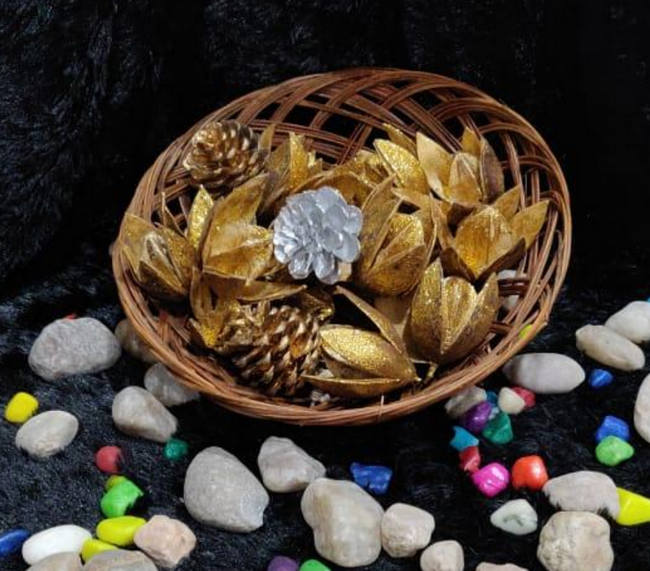
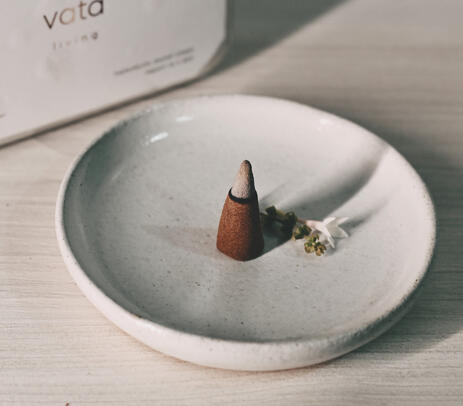
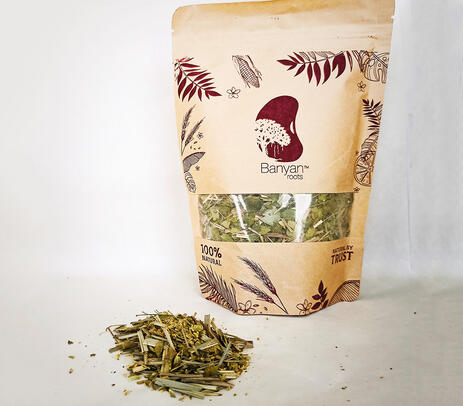
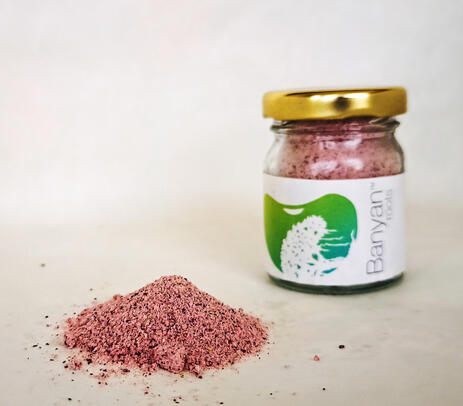
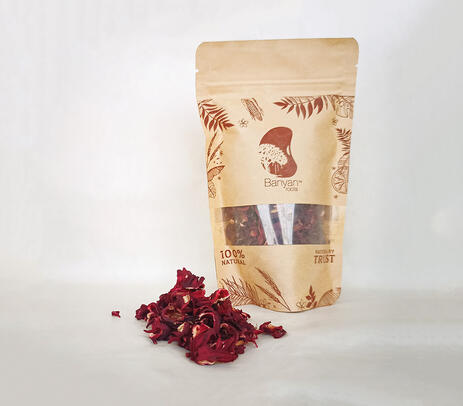
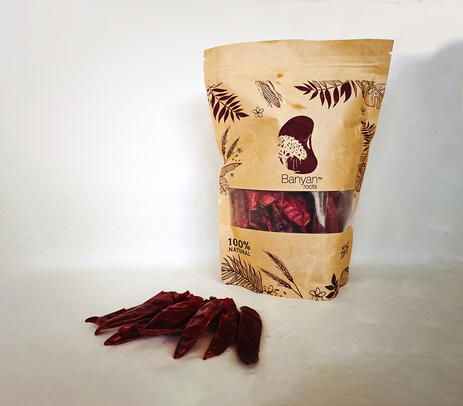
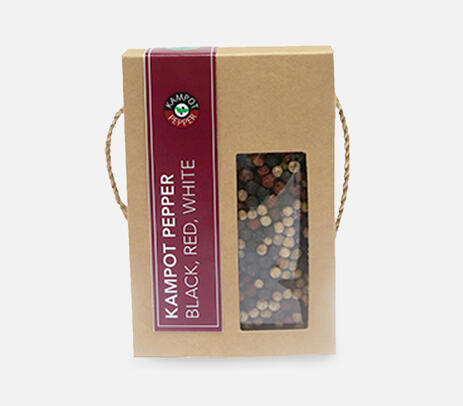
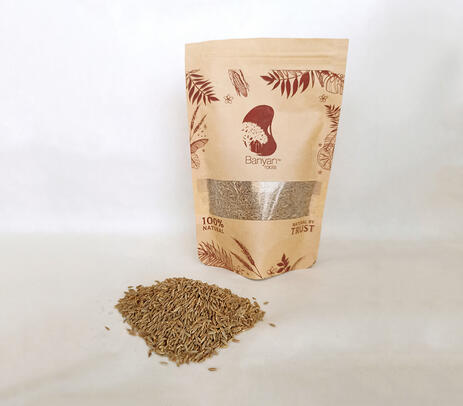
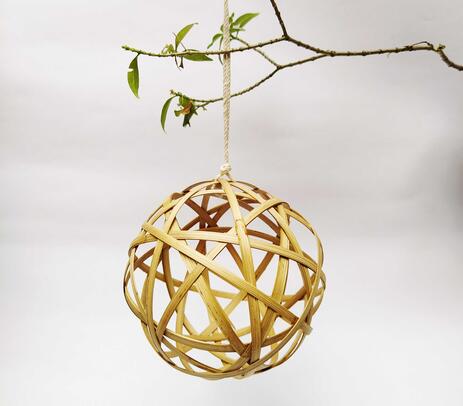
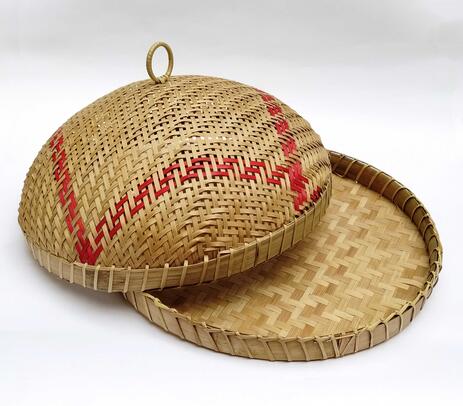
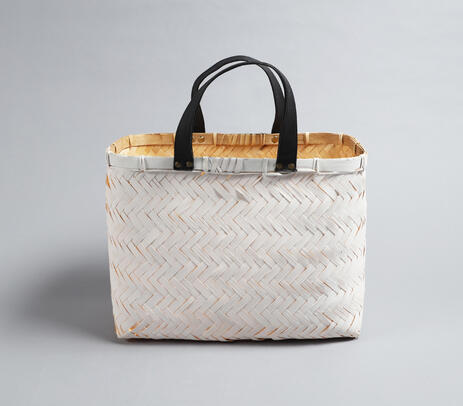
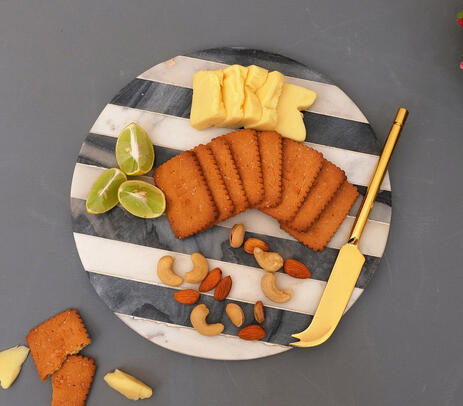
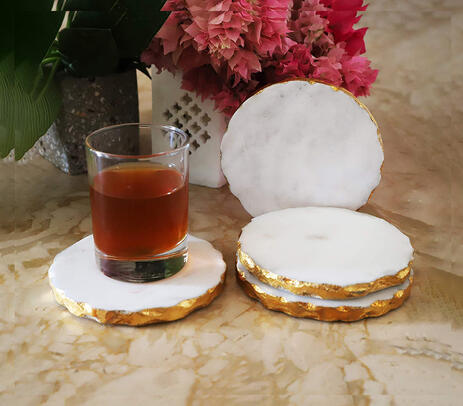
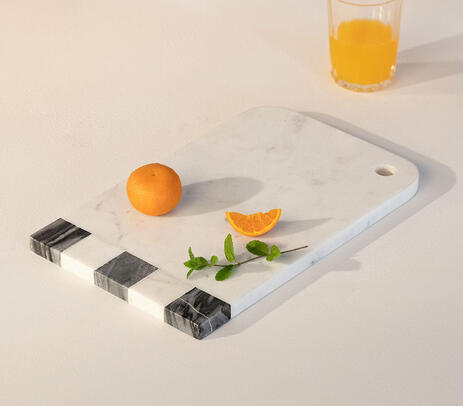
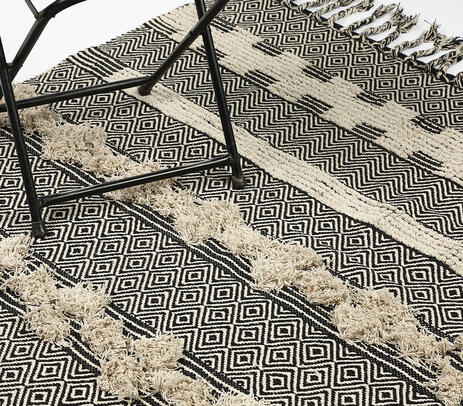
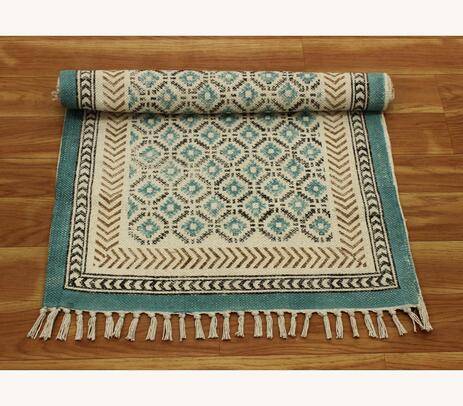
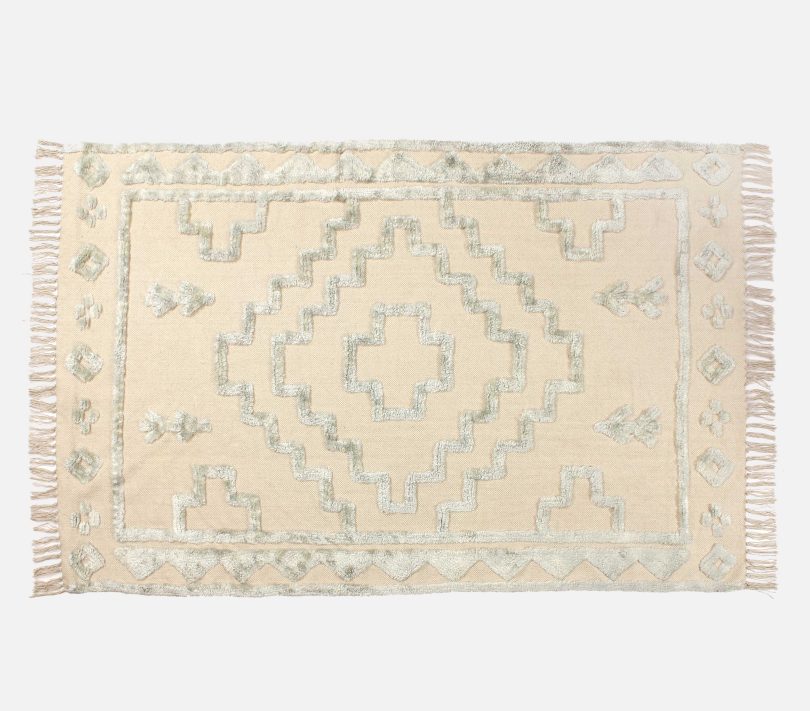
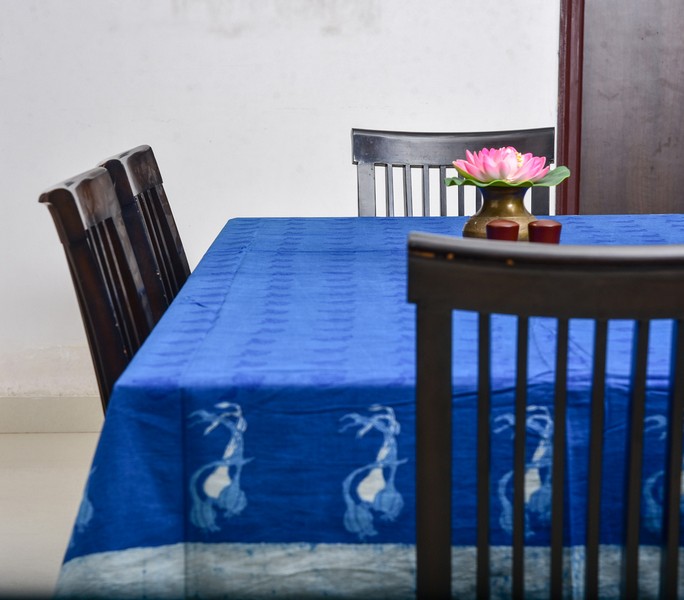
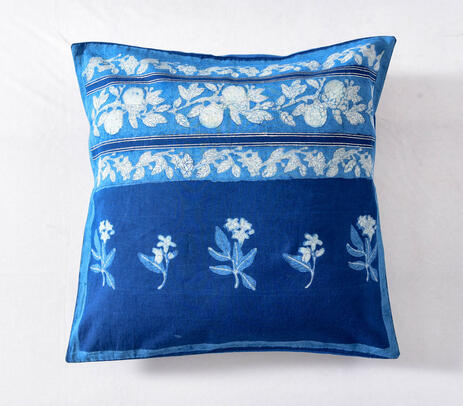
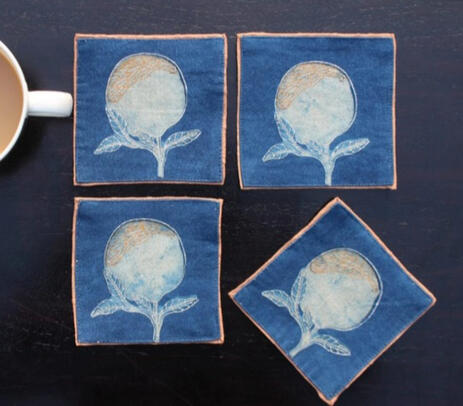
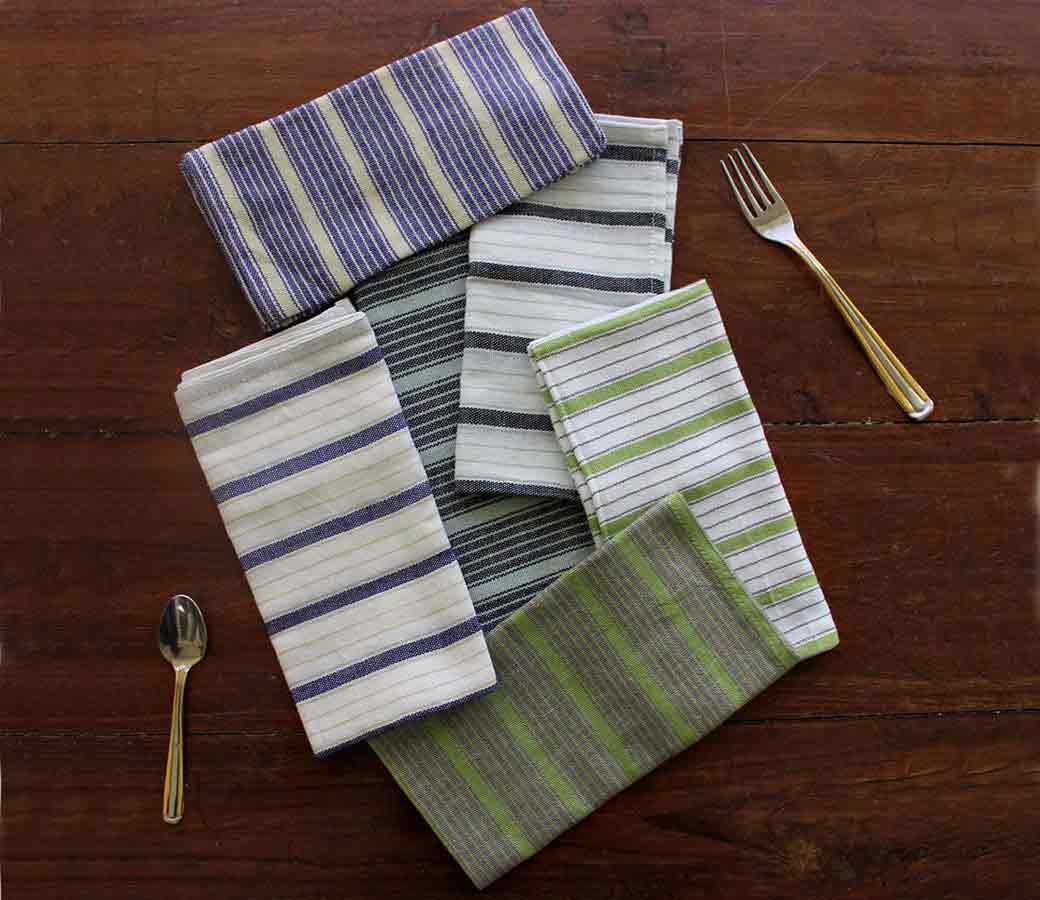
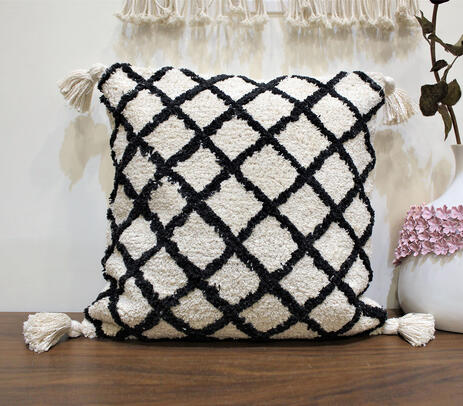
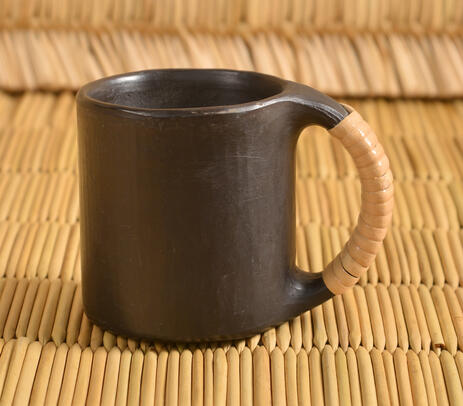
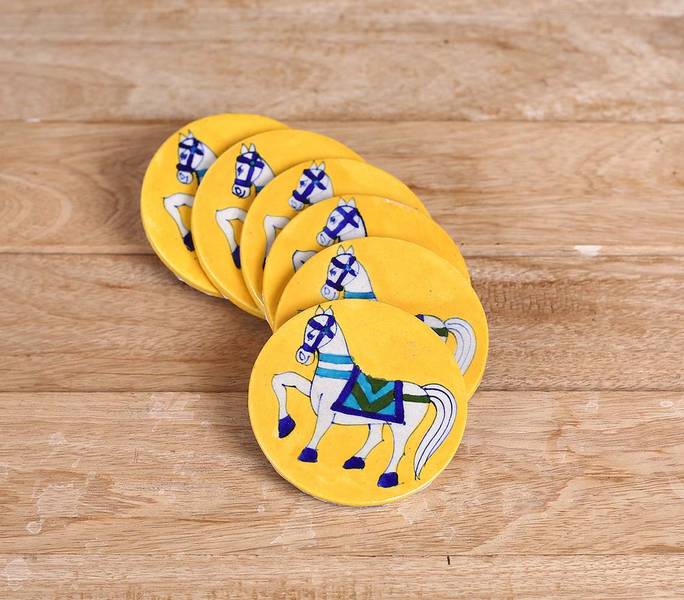
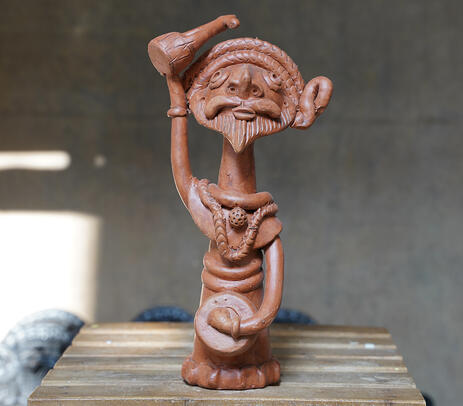

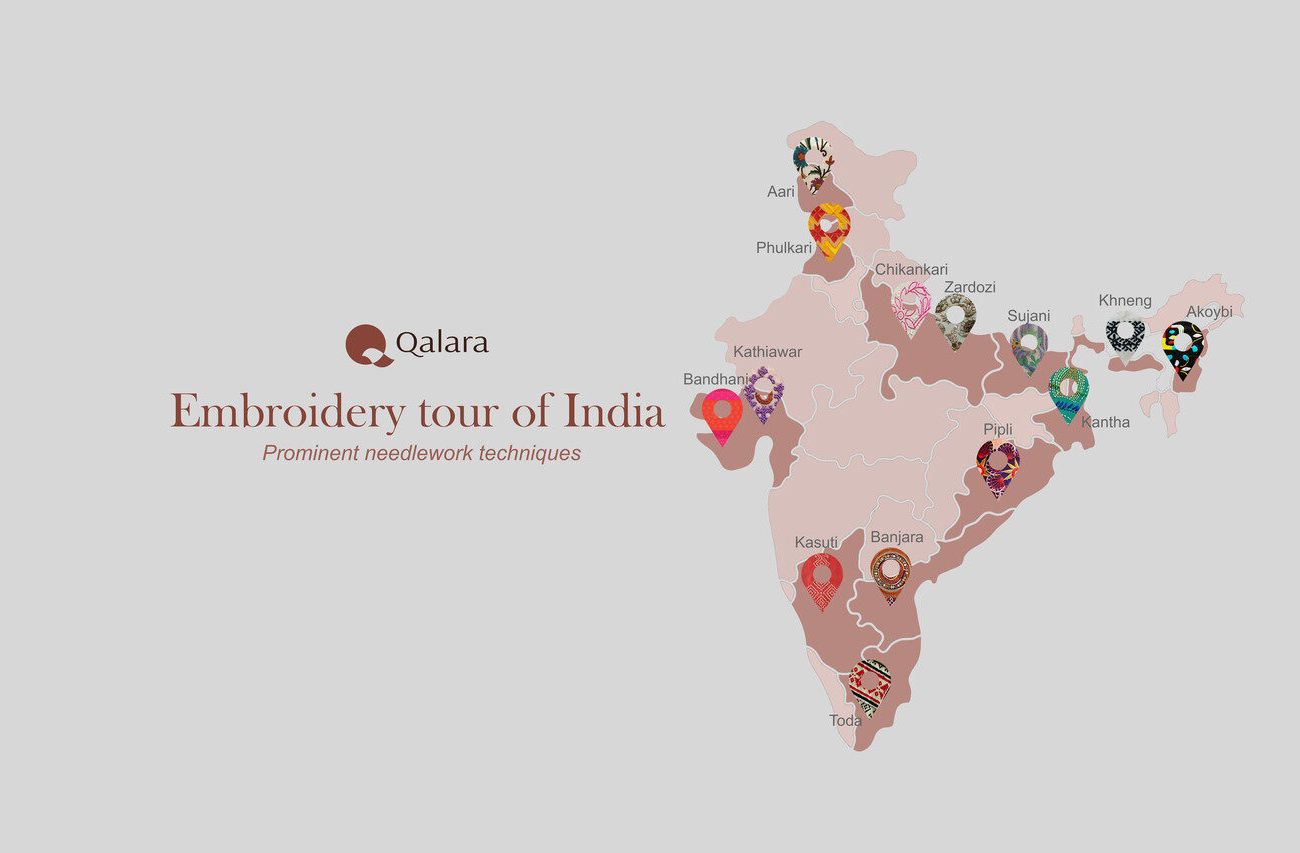
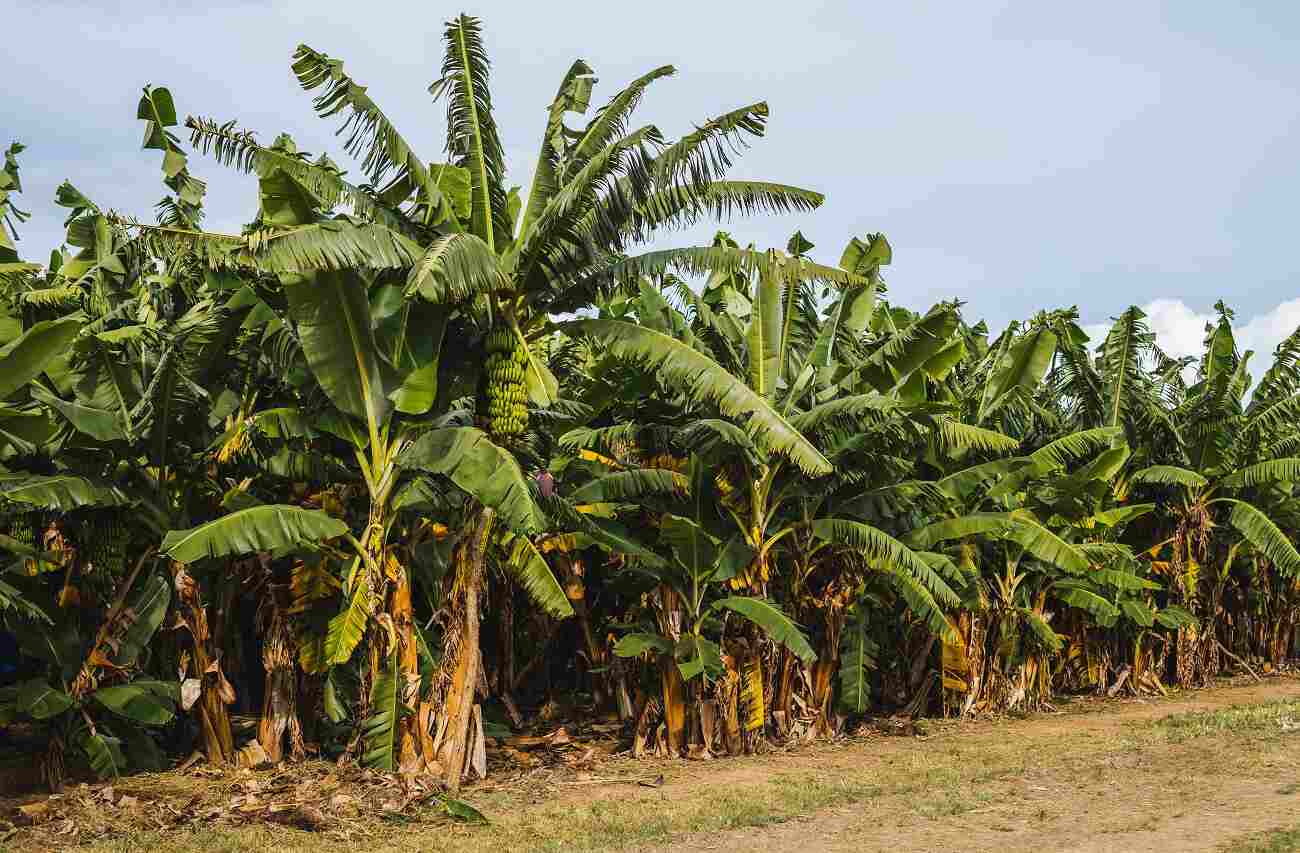
Leave a Reply